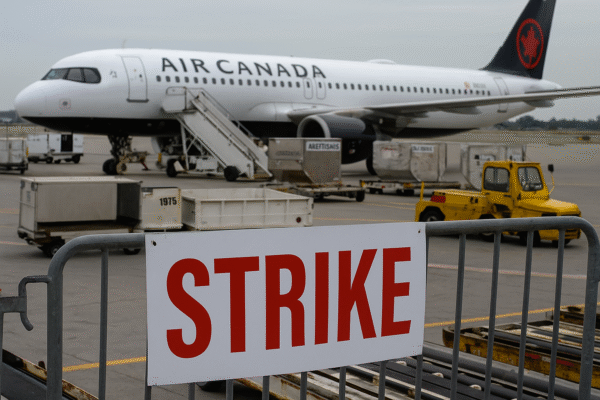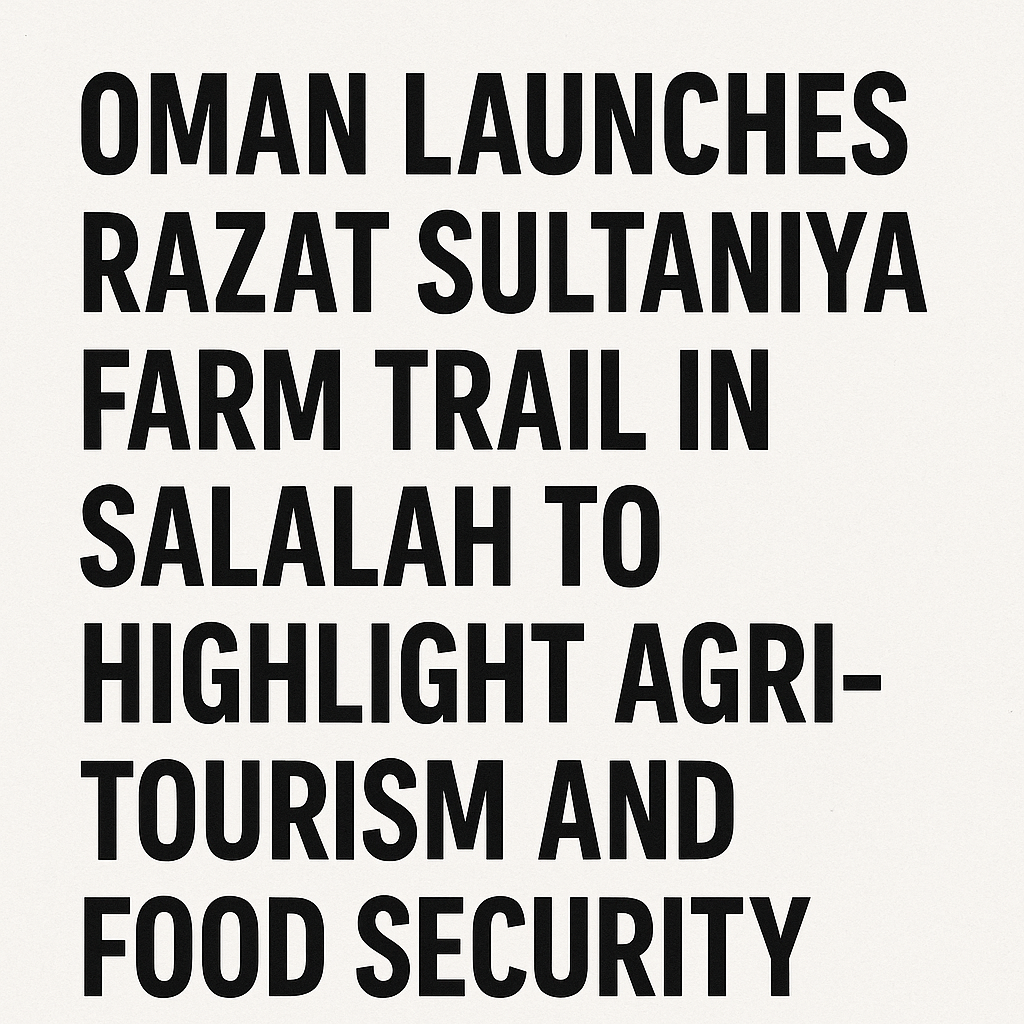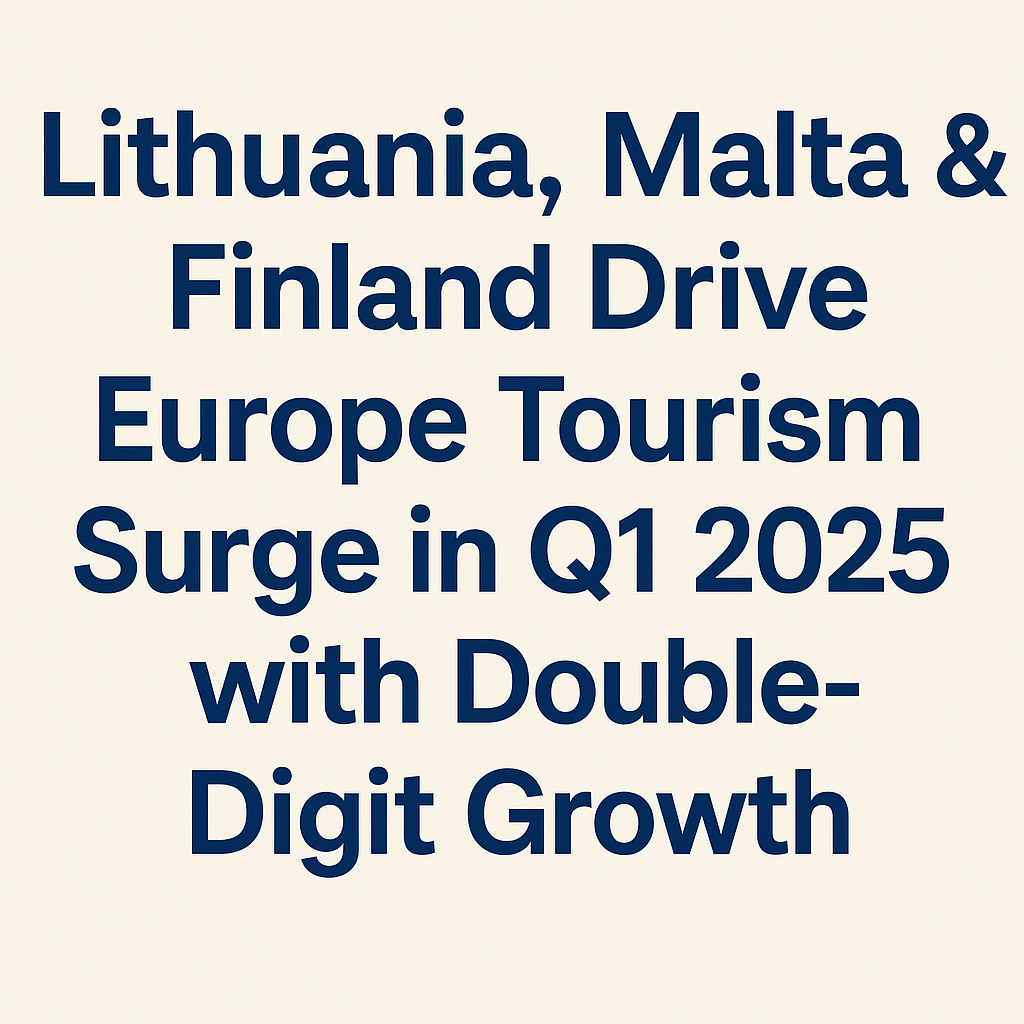Greece’s record-setting tourism industry, buoyed by long-haul travelers from the United States, Canada, and Australia, could be vulnerable to escalating regional instability in the Eastern Mediterranean. According to the latest economic bulletin from Alpha Bank, one of Greece’s leading financial institutions, tensions following the fragile ceasefire between Iran and Israel present potential risks to Greece’s travel sector and foreign direct investment (FDI) inflows.
After years of recovery from the pandemic, Greece’s tourism economy is thriving. In 2024, it generated nearly 20% of the country’s gross domestic product, supported over one million jobs, and welcomed millions of high-spending international visitors. However, Alpha Bank cautions that this momentum could be threatened if geopolitical conditions in the broader Middle East deteriorate further.
North American and Australian Travelers Key to Tourism Revenue
In 2024, Greece saw nearly two million arrivals from the United States, Canada, and Australia, generating €2.2 billion in tourism receipts. These markets accounted for 10% of Greece’s overall tourism earnings, underscoring their importance to the national economy.
American tourists, in particular, have played a central role in Greece’s tourism resurgence. According to data from the Bank of Greece, U.S. travelers have consistently ranked among the top spenders per capita, favoring longer stays and luxury accommodations in destinations such as Athens, Mykonos, Santorini, and Crete.
Similarly, Canadian and Australian travelers—many of whom maintain strong ties to Greek heritage—contribute significantly to both summer and shoulder-season travel. However, rising geopolitical instability could deter these long-haul visitors if the region is perceived as unsafe.
Israel-Greece Travel Corridor Under Pressure
While Israel accounts for only 1.7% of all international arrivals to Greece, Israeli tourists are considered high-value visitors, spending significantly more per trip. In 2024, revenue from Israeli travelers jumped to €419 million, up from €269 million in 2023.
For the summer of 2025, over 1.3 million airline seats were scheduled between Israel and Greece—a 43.5% increase compared to the previous year. These flights represent nearly 5% of total international seat capacity into Greece during peak travel months.
Alpha Bank warns that this critical travel corridor could be disrupted if tensions reignite, resulting in travel advisories, itinerary changes, or cancellations. Many Israeli tourists, facing domestic uncertainty, may delay or cancel planned trips, especially to Mediterranean destinations perceived as near conflict zones.
Cruise Tourism Also at Risk
Greece’s cruise industry reached unprecedented heights in 2024, with 4.7 million passenger arrivals—a 42% year-on-year increase—generating over €1 billion in revenue. Major Greek ports, including Piraeus, Santorini, and Corfu, saw robust cruise activity, positioning the country as one of Europe’s top maritime tourism hubs.
However, Alpha Bank’s report suggests that cruise lines may revise itineraries or withdraw entirely from the region if instability in the Eastern Mediterranean worsens. Given that cruise passengers often book far in advance, even minor disruptions or security concerns could result in substantial revenue losses for local economies.
Foreign Direct Investment Faces Uncertainty
Beyond tourism, Alpha Bank emphasizes that Greece’s recent success in attracting foreign capital could also be at risk. In 2024, FDI inflows surged to €6.8 billion, a 41.3% increase over the previous year, with major investments flowing into Greek real estate, infrastructure, and finance.
Israeli investors contributed €122 million to Greece’s FDI in 2024, particularly in real estate and hospitality sectors. This accounted for 1.8% of all foreign investment. Should conflict escalate, investors from Israel—and other high-risk regions—may delay or cancel projects, disrupting economic development and job creation.
Early 2025 Shows Resilience, But Outlook Remains Cautious
Despite looming risks, the opening quarter of 2025 has shown promise. Tourist arrivals grew by 5.8%, and tourism receipts increased by 10.6% compared to the same period in 2024. This growth has been driven largely by short-haul markets in Europe, which remain less impacted by Middle East tensions.
Nevertheless, Alpha Bank maintains a cautious stance. The long-term health of Greece’s tourism economy hinges on its ability to sustain global confidence, particularly among long-haul travelers and international investors. Delays in infrastructure projects or hotel developments—many funded through foreign capital—could have a cascading impact on tourism quality and competitiveness.
Strategic Recommendations for Safeguarding Growth
To navigate the uncertainty, Alpha Bank suggests a multi-pronged strategy:
- Diversify source markets by strengthening travel partnerships with Asia-Pacific, Latin America, and Africa.
- Enhance crisis preparedness, including traveler safety protocols and rapid response systems for tour operators.
- Protect investor confidence by ensuring regulatory clarity, geopolitical diplomacy, and reliable infrastructure planning.
Additionally, the Greek Ministry of Tourism is encouraged to continue branding the country as a safe, stable gateway to Europe, capitalizing on its relatively secure status compared to neighboring regions.
Conclusion: At a Crossroads of Promise and Peril
Greece stands at a pivotal crossroads. On one hand, its tourism sector is experiencing record-breaking success, driven by high-value travelers from the U.S., Canada, and Australia, and a thriving cruise market. On the other, the threat of renewed conflict in the Middle East poses a real risk to this progress.
As the geopolitical landscape continues to evolve, Greece’s economic future will depend on its ability to remain agile, adaptive, and resilient—safeguarding its tourism and investment ecosystems from external shocks.
For more travel news like this, keep reading Global Travel Wire



















